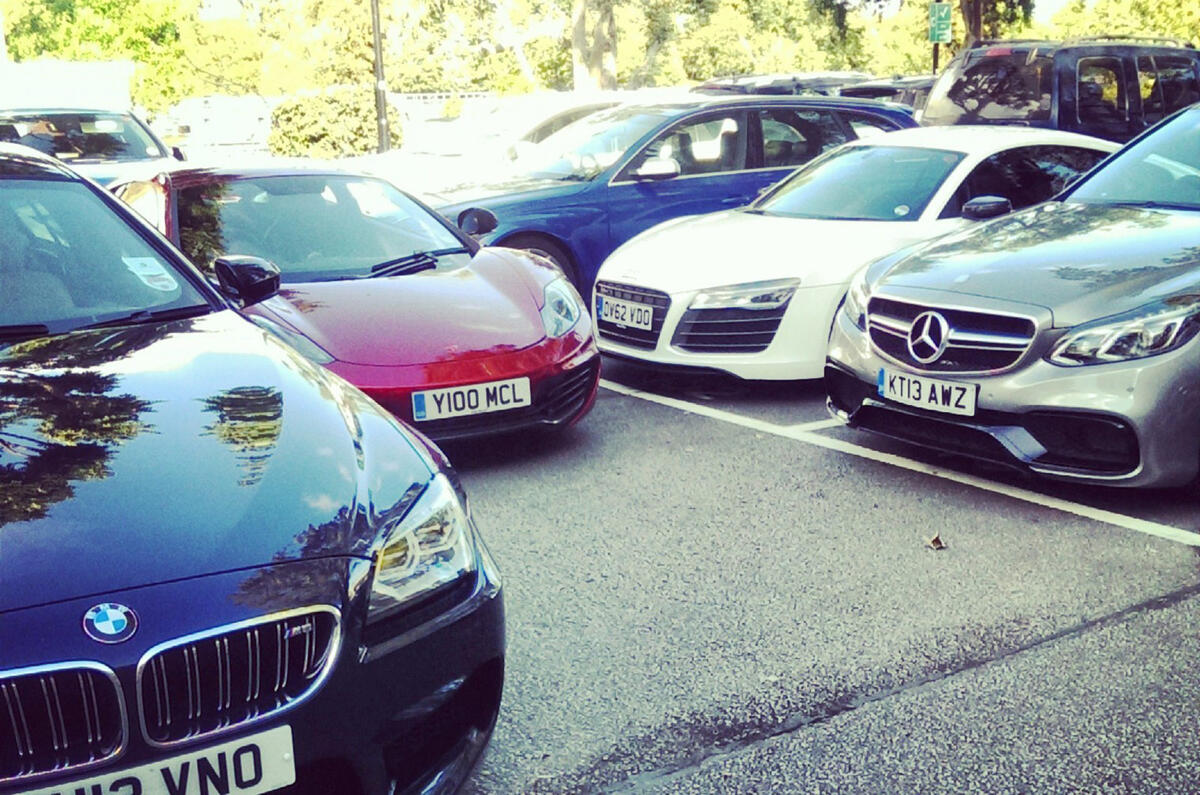Usually, cars get replaced on very regular cycles lasting four to six years.
That’s what’s needed to keep a model fresh and the factories that make it churning at an approximately consistent rate, notwithstanding Lehman Brothers collapses and the like.
But across Europe, plenty of the major manufacturers are not pressing the go button for the cars to be unveiled in four to five years' time. Why? Because they’re waiting for the European Union to ratify the legislation that will mandate a 95g/km CO2 fleet emissions average for 2020. That’s according to an insider at General Motors, who reckons that plenty of major brands are holding back just like they are.
Until those regulations are confirmed, he says, plenty of makers are going to delay defining the fundamental specifications of their cars, because they don’t want to be caught out if there’s a sudden EU policy swerve. "It’s too big a gamble to make," he says.
That’s despite the fact that the 95g/km rule is pretty much a certainty. And the result, he reckons, is going to be a deluge of new products appearing late in the decade and at much the same time.
Which should make 2017 and 2018 bumper years for new hardware.




Join the debate
Add your comment
People have been writing off
the eco throwaway car ... eco?
ev
As much as it will save you in gas, you will most likely pay in electrical power. You never know how bad it really is until that first bill comes, and many people will be shocked at how much electrical power they are using. Find out more at: Payday Loan